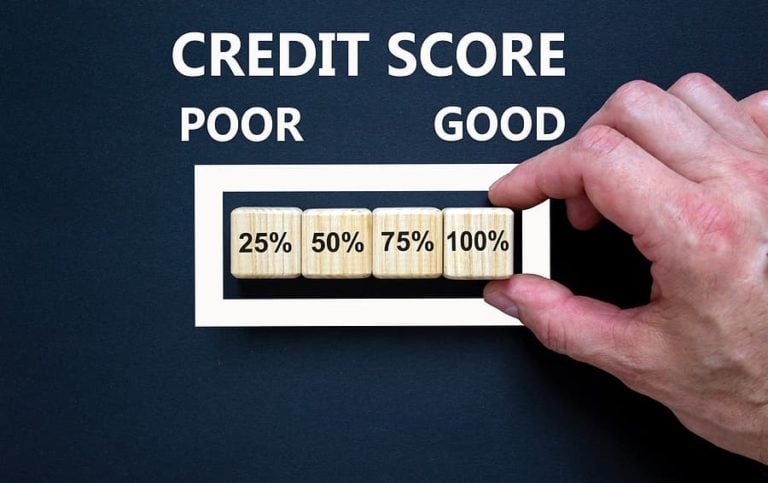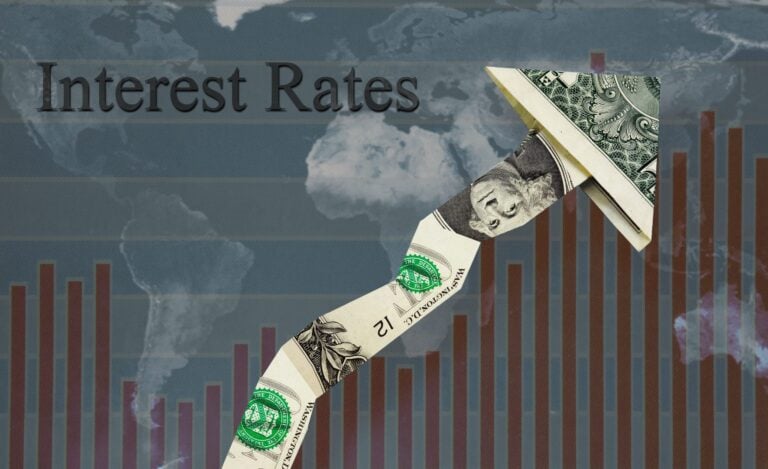If your debts are growing, monthly payments are difficult to manage and your finances feel increasingly strained, debt consolidation may be one option to consider. By combining multiple debts into a single payment, consolidation can create a clearer repayment structure, but it is not the right solution for every situation. Understanding how debt consolidation works and when it is appropriate is essential to avoiding added financial risk.
When Is Debt Consolidation a Good Idea?
Debt consolidation is often most effective when unsecured debts become difficult to manage individually. Credit cards, medical bills and personal loans usually carry different interest rates, payment schedules and minimums, which can complicate budgeting and increase the risk of missed payments.
Many people consider consolidation when they are paying high interest across multiple balances and want a more manageable repayment structure. In these situations, consolidating debt into a single loan or payment can simplify monthly obligations and improve consistency. If a lower interest rate is secured, consolidation may also reduce how quickly balances grow over time.
Debt consolidation may also be considered during periods of financial transition, such as job changes, medical recovery, or family-related income shifts. In these cases, consolidation can provide short-term structure while finances stabilize, as long as the new payment is sustainable.
When Is Debt Consolidation Not a Good Idea?
Debt consolidation is not a solution for all debt challenges. One of the most significant risks is taking on a new loan without addressing the behaviors or circumstances that contributed to the debt. Without changes to spending or budgeting, consolidation can lead to higher overall debt rather than long-term improvement.
Consolidation may also be a poor fit for individuals with limited income flexibility. If the new monthly payment exceeds what can be comfortably afforded, financial pressure may increase instead of easing. In some cases, longer repayment terms result in higher total costs, even when monthly payments appear lower.
For accounts that are already delinquent or in collections, consolidation may not be realistic or effective. Qualification can be difficult, and consolidation may not resolve creditor actions already in progress. Other debt relief options may be more appropriate depending on the situation.
Who Should Consider Debt Consolidation?
Debt consolidation may be appropriate for individuals who meet the following criteria:
- Borrowers with steady income and multiple unsecured debts who are current on most accounts and want a simplified repayment structure.
- Those who clearly understand their monthly budget and can realistically commit to a new payment may determine that it is a good idea to consolidate debt as part of a broader financial simplification strategy.
- Those who view consolidation as part of a broader financial reset, including improved spending habits and money management.
- Applicants who understand the potential impact on their credit and can weigh short-term effects against long-term financial goals.
How to Evaluate if Debt Consolidation Is Right for You
To determine if a debt consolidation loan is right for you, take time to review your full financial picture:
- Start by listing all unsecured debts, including balances, interest rates and minimum payments. Compare that total to your monthly income and essential expenses to understand what you can realistically afford.
- Consider whether consolidation would meaningfully improve organization or simply rearrange existing debt. Some borrowers question if a debt consolidation loan is a good idea without fully reviewing the loan terms, fees or repayment length. Evaluating the total cost over time is just as important as the monthly payment.
- Recent financial changes should also factor into your decision. If income is unstable or expenses are unpredictable, committing to a new loan may add pressure rather than relief. In these cases, exploring alternative forms of debt assistance may be more appropriate.
- Talk with professionals, like those at United Settlement, for a personalized discussion of your financial situation and your options.
How to Get a Debt Consolidation Loan
Banks, credit unions and online lenders typically offer debt consolidation loans. Approval depends on factors such as credit history, income and existing debt levels. Borrowers with stronger credit profiles may qualify for more favorable terms, while others may face higher rates or limited options.
Applicants should carefully review all loan details before committing. Introductory rates, origination fees, repayment length and potential penalties can significantly affect overall affordability.
Not all borrowers will qualify for a consolidation loan. This does not mean debt relief is unavailable, but it may indicate the need to explore alternative solutions. See if you qualify for a debt consolidation loan with United Settlement today.
Choosing a Debt Consolidation Company
If you are considering professional assistance, selecting the right company is critical. A reputable provider prioritizes transparency, education and individualized guidance rather than quick promises or pressure to enroll.
Review licensing, credentials and client feedback carefully. Ask whether alternative options are discussed when consolidation is not the best fit for your situation. The objective should always be informed decision-making and long-term financial stability.
Debt consolidation can be effective under the right circumstances. Evaluating your situation honestly and understanding the limitations of consolidation can help you decide whether it supports your financial goals. Contact us today to take the next step toward regaining control of your finances.

Steven Brachman is the lead content provider for UnitedSettlement.com. A graduate of the University of Michigan with a B.A. in Economics, Steven spent several years as a registered representative in the securities industry before moving on to equity research and trading. He is also an experienced test-prep professional and admissions consultant to aspiring graduate business school students. In his spare time, Steven enjoys writing, reading, travel, music and fantasy sports.












